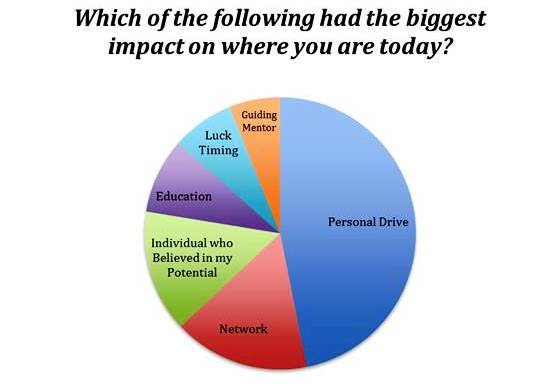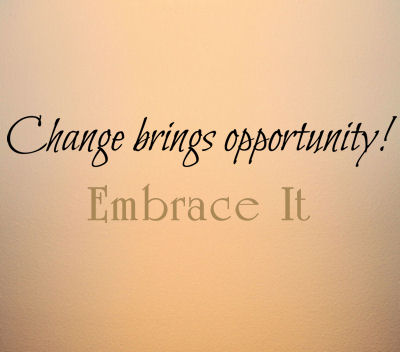 As the days get shorter and the year draws to a close there is a certain melancholy that lingers in the air. The contagious spirit of the holidays is pervasive as it seeps into our daily lives – in the media, at home and at work. At the same time, the world and our nation are enduring horrific acts of violence and terror that ignite irreconcilable fear in our hearts and minds. The dichotomy of these emotions can play havoc with our perspective.
As the days get shorter and the year draws to a close there is a certain melancholy that lingers in the air. The contagious spirit of the holidays is pervasive as it seeps into our daily lives – in the media, at home and at work. At the same time, the world and our nation are enduring horrific acts of violence and terror that ignite irreconcilable fear in our hearts and minds. The dichotomy of these emotions can play havoc with our perspective.
As December draws to a close, do you dwell on the end of the year or do you relish the idea of a new beginning? It is a time for reflection. We count our blessings while nurturing our hopes and dreams. We measure our accomplishments as we formulate new goals. Assessment of the past is intertwined with anticipation for the future.
The present becomes a matter of perspective. The survivors of recent terrorist attacks remind us to maintain a perspective of strength, hope and gratitude. We must keep a sense of balance in our work, relationships and daily lives. To do so, will help us diminish the fear while fostering a sense of joy. Live life with a renewed confidence for the future.
The sun will surely rise tomorrow. What will your perspective be as you anticipate the year ahead? Who are the people you need to reconnect with and love? What changes do you need to make to achieve your desired goals? Nourish your dreams and cultivate a joyful plan for the new year before the sun sets.







